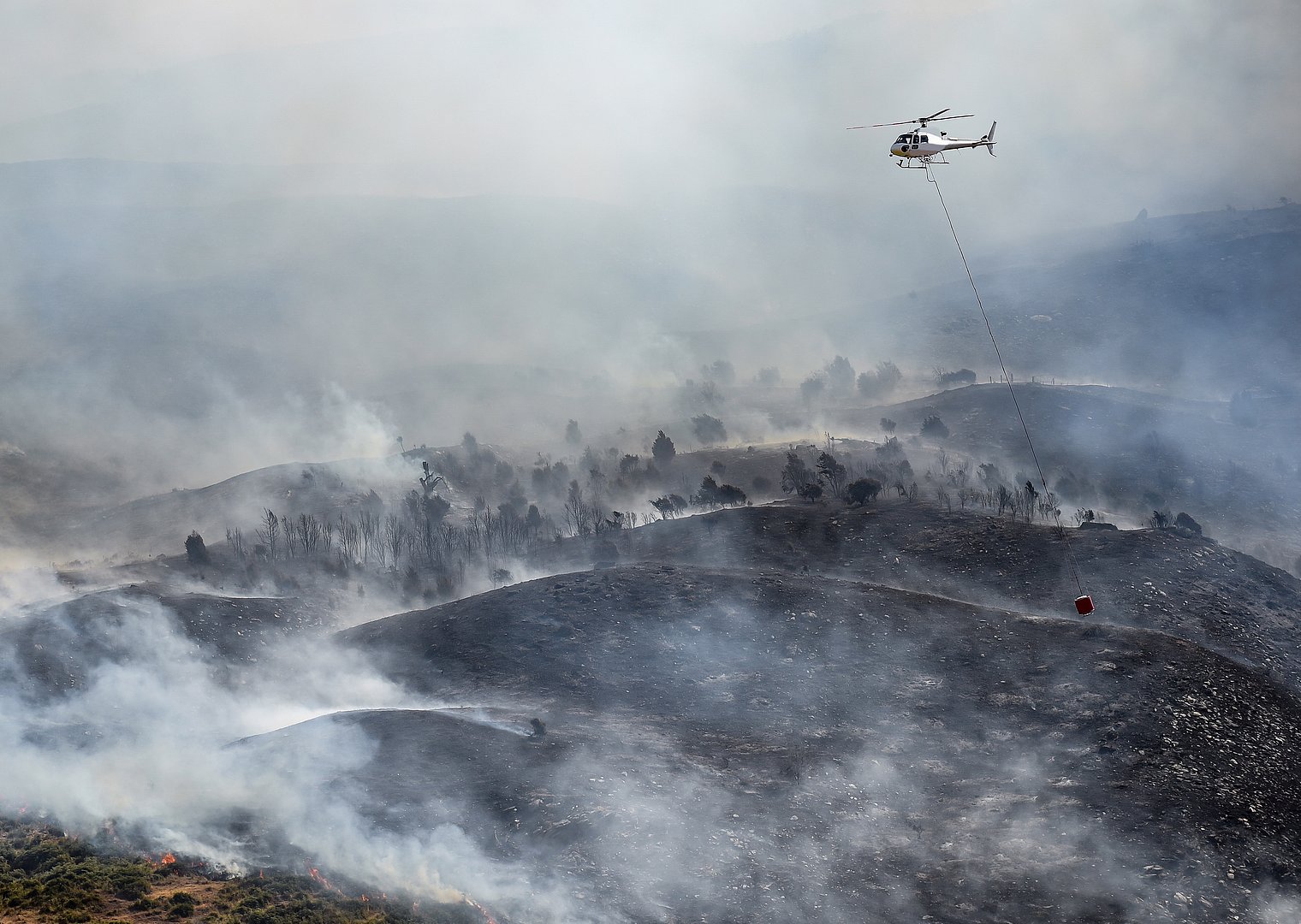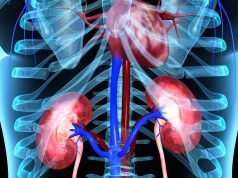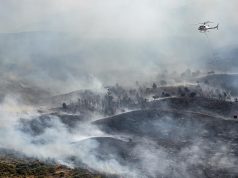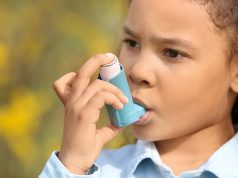Greatest susceptibility seen for hypertension, with highest hospitalization risk for 0.1 µg/m3 increase in three-month smoke PM2.5
By Elana Gotkine HealthDay Reporter
THURSDAY, June 5, 2025 (HealthDay News) — The cardiorespiratory effects of smoke fine particulate matter (PM2.5), a primary wildfire emission that can spike for months after a wildfire begins, can persist for months, according to a study published online May 28 in Epidemiology.
Yaguang Wei, Ph.D., from the Icahn School of Medicine at Mount Sinai in New York City, and colleagues obtained hospitalization records for the residents of 15 states between 2006 and 2016 to examine the health impact of smoke PM2.5. Daily smoke PM2.5 estimations were used at 10-km2 grid cells across the contiguous United States and were aggregated to ZIP codes to match hospitalization records. The associations between three-month average exposure to smoke PM2.5 and hospitalization risks were examined for a range of cardiovascular and respiratory diseases using an extended traditional case-crossover design.
The researchers found that for most cardiorespiratory diseases, three-month exposure to smoke PM2.5 was associated or marginally associated with increased hospitalization risks. The greatest susceptibility was seen for hypertension, with the highest hospitalization risk seen in association with a 0.1-µg/m3 increase in three-month smoke PM2.5 exposure (relative risk, 1.0051; 95 percent confidence interval, 1.0035 to 1.0067). Estimated effects persisted for up to three months after exposure based on results for single-month lagged exposures. Larger effects were estimated in neighborhoods with higher deprivation level or more vegetation as well as among ever-smokers.
“Even brief exposures from smaller fires that last only a few days can lead to long-lasting health effects,” Wei said in a statement. “There is an urgent need for research to fully understand the health impacts of wildfire smoke to raise awareness among public and health professionals.”
Copyright © 2025 HealthDay. All rights reserved.








